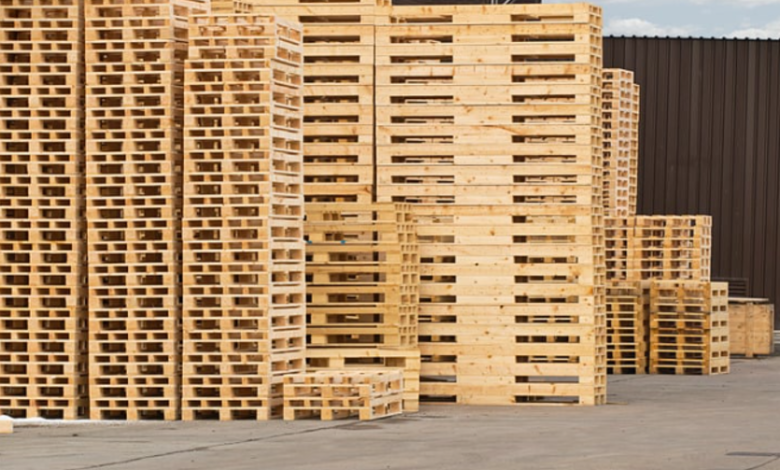The Importance of Pallets and Palletizing for Safe and Efficient Shipping

Efficient logistics relies heavily on the proper use of palletized crates, which provide a stable foundation for transporting goods securely. Palletizing reduces handling time, protects products from damage, and enables smoother loading and unloading across supply chains. In today’s global marketplace, where businesses face increasing demand for faster delivery and lower costs, pallets play a crucial role in achieving both safety and efficiency. Choosing the correct pallet setup means evaluating container types, compliance standards, and long-term usability to ensure uninterrupted operations.
Choosing the Right Containers for Palletizing
Not all containers are suitable for every shipment, and selecting the wrong one can directly impact performance during palletizing. Businesses often face the choice between crates and boxes, each with unique strengths. Crates offer structural durability and are ideal for heavy or fragile goods, while boxes are lighter and easier to handle for smaller shipments. Understanding the differences between crates vs. boxes helps businesses decide which container is best suited for their products. The correct choice ensures that palletizing improves protection without adding unnecessary costs.
Enhancing Safety Through Proper Palletization
One of the greatest advantages of palletization is improved product safety. By securing goods on pallets, companies minimize movement during transport, reducing the risk of damage. Proper stacking and shrink-wrapping further enhance stability, making shipments resistant to external pressure or vibration. Businesses shipping fragile or high-value goods rely on these techniques to maintain quality standards. In addition, palletizing reduces manual handling, lowering the chance of workplace injuries and creating a safer environment for logistics staff.
See also: Available Hotline for Business Help
Meeting International Shipping Regulations
Global trade requires businesses to comply with regulations governing packaging and shipping materials. Wooden pallets and crates, for example, must meet international standards such as ISPM-15, which ensures the wood is treated to prevent pest transfer. Failure to comply can result in fines, shipment rejections, or border delays. Understanding international regulations for shipping wood pallets is essential for companies engaging in cross-border logistics. Compliance not only avoids disruptions but also builds trust with global partners and clients.
Efficiency Benefits of Palletization
Beyond safety, palletization significantly improves operational efficiency. Pallets enable faster loading and unloading, thereby reducing the time spent at warehouses and shipping docks. Forklifts and automated systems can handle palletized goods more easily, lowering labor costs. Standardized pallet sizes also maximize space in storage and transport, allowing businesses to ship more goods per load. This efficiency is particularly valuable for e-commerce and global trade, where quick turnaround times and streamlined logistics are crucial for driving customer satisfaction.
Long-Term Value and Sustainability
Investing in high-quality pallets and crates provides long-term benefits beyond immediate shipping needs. Durable pallets reduce replacement frequency, saving costs over time. Wooden pallets, in particular, can be repaired and reused, while also offering recyclability at the end of their life cycle. Many businesses are also considering sustainability goals when selecting packaging solutions, making renewable and recyclable materials an essential factor in pallet decisions. By prioritizing both durability and environmental responsibility, companies can align their logistics practices with broader sustainability initiatives.
Conclusion
Pallets and palletizing are fundamental to safe, efficient, and compliant shipping. From selecting the proper containers to meeting international standards, businesses must approach palletization as a strategic element of their logistics planning. With proper practices, palletized crates not only protect goods but also improve efficiency, reduce costs, and support sustainability efforts. For businesses operating in competitive markets, smart palletization is an investment in reliability, customer satisfaction, and long-term success.





